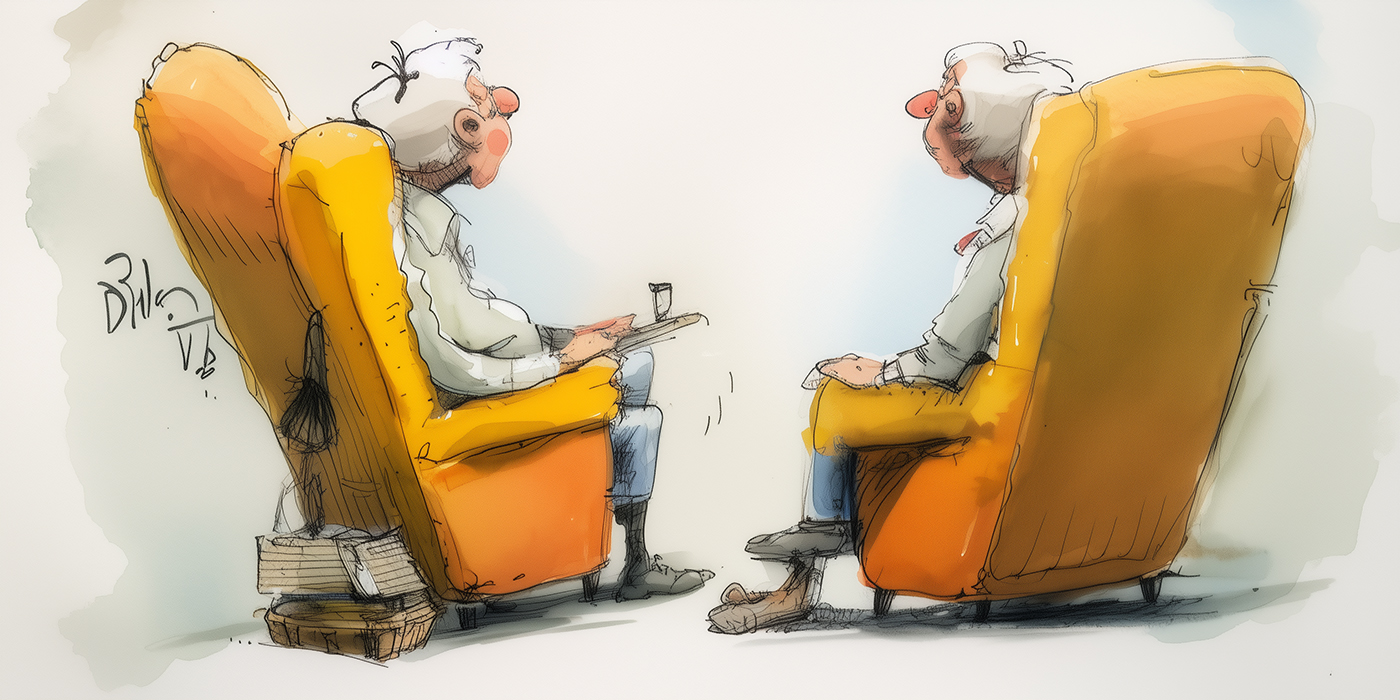To Essay:
I just wanted to write and express my thanks to you for putting Dick O.’s story Free As A Bird in the online Essay May 2018 and on www.sa.org. What an honor! I only wish Dick were alive to see it.
Re-reading some of those lines made me cry again. Especially, “If it took all that to get me here it was worth it—every day and month and year—for the peace and serenity and freedom from shame I have today.” Dick was also known for saying, which he didn’t put in the story, “Pray like hell.” And if you asked how he was, the inevitable reply was, “Sober, thank God!”
His recovery was truly miraculous. A great testimony to the power of the program. I pray that his story may bring hope to many who fear they are past help. And especially to members of the clergy. Heaven knows we need to let people know that recovery is possible! Just yesterday in our local newspaper there was a big exposé about sexual abuse fifty years ago at a Catholic school here—so this story is very timely for us. To see his story on the Essay page was very moving to me. Again, heartfelt thanks to you and your committee.
Mike F., New York, USA
To Essay:
The February 2019 ESSAY told the beautiful story of a Dutch fellow who was able to restore the relationship with his father. It inspired me to write my own recent encounter with my parents.
My relationship with my father had continuously worsened including rage outbursts from puberty until my early 20s. I called him bad names and stood in front of him with my fists. I slammed doors, crying out he wasn’t my father anymore. I fantasized about killing him when he was laying drunk in his garden chair. Although he paid for five years of higher studies (which I quit without a degree), I never thanked him for it. Instead for twenty years I didn’t go to any family gatherings, including birthdays and Christmas. I would just visit them a couple of times per year for a few hours, without even phoning them to ask if the day suited them.
Before I came into SA, about ten years ago I tried (while not being sober) to make a kind of amends on my own terms, but my father didn’t even want to start a conversation. Perhaps he felt my self-willed and unspiritual energy.
After three months of sobriety and having worked Steps 1–8 in SA with my sponsor, I went to my father’s home and asked again if I could make amends. This time he accepted. I was able to speak the couple of sincere sentences I had prepared. I felt inspired to tell him that it had taken me forty-two years before realizing that I was glad he was my father.
Later I came to a surprise party in honor of his birthday. He was even more surprised to see me there. He sat next to me the whole evening. The most incredible thing happened: I realized that since that evening the biggest chunk of resentment towards my father had been lifted by my HP!
I hadn’t been able to tell him I loved him though. In the next years I thought of it, but it never happened. At the end of December 2018 my wife and I traveled 1300 km to a family gathering. Two siblings became very drunk and started ridiculing my father. They went on and on and it seemed like my father became smaller and smaller at the dining table.
The next day he woke up later than usual and looked really bad. The shame and self-loathing were visible on his face. That morning I told my wife that I felt so bad about my siblings’ comments and wanted to tell him I loved him. My HP granted me a moment alone with him and I was able to look him in the eyes and say: “Dad, I know I have been a troublesome son to you. I love you and have always loved you.” I laid my hands on his 86-year old shoulders, said it again and hugged him, while I felt him sobbing a bit.
Half an hour later I was able to say the same to my mother. When we drove off, they both stood on the sidewalk waving at us until we were out of their sight. I was so happy I had finally been able to tell them this. I thank my HP for His choreography, my wife for her support, and SA for its constant fellowship.
Luc D., Barcelona, Spain
To Essay:
It now seems we do everything with our smartphones except talk on them. One thing sadly remains constant throughout my years in SA. The fellowship encourages us to reach out and make phone contact with fellow members. Often, however, that man—or woman—may be a newcomer fresh off the street or a sober, recovering member of SA who has given you his phone number. What happens? He won’t return your phone calls.
I’m not saying SA members must answer every single call they receive. If I get a call on my personal phone during work hours, I can only return it during breaks or lunch or after work. But, return them I do, even on vacation.
The bottom line is if you really believe that “I am responsible. When anyone, anywhere reaches out for help, I want the hand of SA always to be there. And for that I am responsible,” return members’ calls, would you? Even just a text can suffice in a pinch. Nothing says “I don’t care about you” more than refusing to return an SA member’s call. If you cannot or will not return phone calls, do SA a favor and do not give out your number in the first place. Then try to justify to your sponsor why you will not do so. Of course, that’s assuming you will return his calls.
Paul T., Sparks, Nevada, USA






